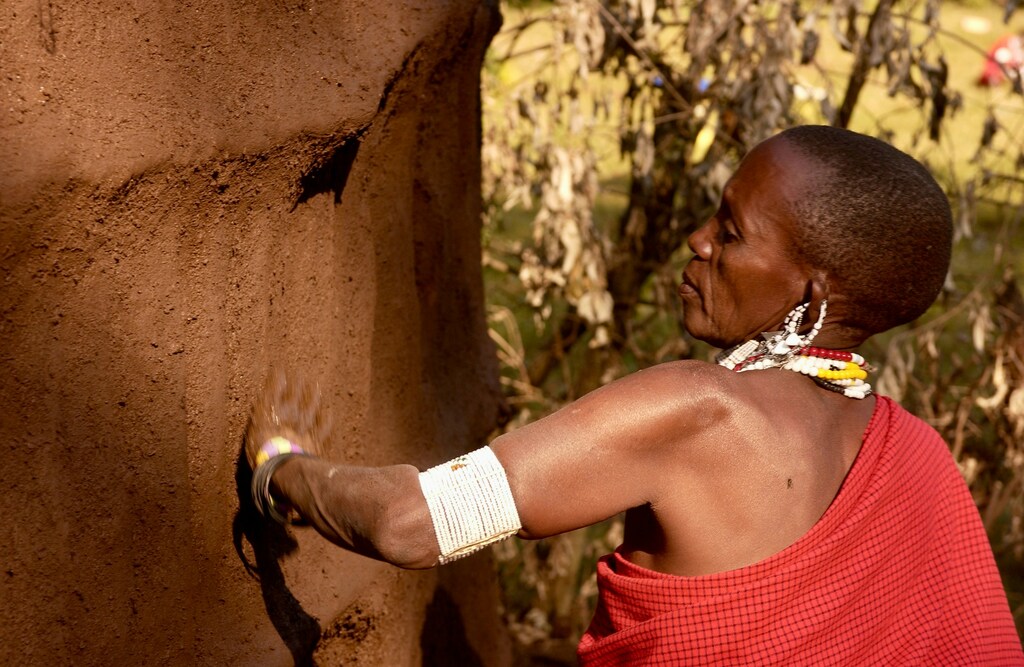Top Sustainable Safari Practices in East Africa:

What Is a Sustainable Safari?
A sustainable safari is an eco-responsible travel experience that minimizes harm to wildlife, habitats, and local communities while maximizing conservation and community. It blends close-to-nature adventure with renewable energy use, waste reduction, ethical wildlife viewing, and equitable revenue sharing.
Why Sustainability Matters in East African Safaris
East Africa’s tropical forests sequester up to 2.9 tCO₂ ha¹ yr¹, the highest average removals among tropical. Yet tourism transport emissions are on the rise, threatening biodiversity and livelihoods across Kenya, Tanzania, Uganda, and Rwanda.
Key Threats Addressed
- Habitat degradation and fragmentation
- Poaching fueled by over-tourism
- Carbon emissions from diesel-powered 4×4s and charter flights
- Cultural disruption and economic leakage
Eco-conscious safari travel is essential to safeguard East Africa’s natural and cultural heritage.
Quantifying Your Impact: Carbon & Water Savings
By implementing greywater recycling in eco-lodges in Serengeti, solar power, and rainwater harvesting, eco-lodges can shrink their per-guest footprint by 40 kg CO₂/day and save 15 L of potable water daily.
| Metric | Conventional Lodge | Eco-Lodge Practice | Savings |
| CO₂ emissions per guest/day | 100 kg | 60 kg | 40% lower |
| Water use per guest/day | 150 L | 135 L | 10% lower |
1. Choose Eco-Certified Lodges & Camps
Seek out solar-powered safari lodges in Tanzania and properties with solar array installation at eco-lodges East Africa, certified under GSTC v3.0 for full sustainability compliance. Other respected certifications include Green Globe (energy and waste audits), Travelife (staff welfare, sourcing), and Eco Tourism Kenya for resource stewardship.
2. Support Community-Based Tourism Initiatives
Experience authentic Batwa cultural trail co-management Uganda programs and benefit from community conservancy Maasai land lease benefits at Olare Motorogi, which channels over USD 41 ha¹ yr¹ directly to Maasai landowners. Community conservancies now cover 16% of Kenya’s wildlife areas and often outperform national parks in wildlife recovery.
3. Opt for Low-Impact Game Drives & Transport
Choose electric safari vehicles, Amboseli pilot programs, and electric safari booking in Tanzania to cut noise and emissions by ~90%. Try low-emission hot air balloon safari Tanzania rides for aerial views, plus walking safaris and canoe trips. Travelers can learn how to offset their safari carbon footprint in East Africa via Wildlife Works or Cool Earth.
4. Go Gorilla Trekking Responsibly
Follow ethical gorilla trekking guidelines Uganda 2025, including mask-wearing, 7 m minimum distance, and groups capped at eight Bwindi National Park, Uganda. Permit fees of USD 800 for non-residents (USD 80 for Ugandan and EAC citizens) directly fund community health, education, and anti-poaching initiatives.
5. Travel with Certified Sustainable Safari Operators
Book through bodies like GSTC, ATA, and SPEA, and seek operators known for community conservancy, Maasai land lease benefits and low-impact itineraries, such as Agasaro Safaris.
6. Avoid Single-Use Plastics & Pack Sustainably
Follow a zero waste safari packing list for East Africa: reusable water bottles, bamboo cutlery, solar chargers, biodegradable soaps, and lightweight luggage to reduce charter-flight fuel usage.
7. Practice Wildlife-Viewing Ethics
Ensure no baiting or feeding, stay on designated trails, keep voices low, and maintain respectful distances. These protocols protect animal behavior and habitat integrity.
8. Volunteer or Donate to Conservation Projects
Engage with projects like rhino protection at Ol Pejeta Conservancy, chimpanzee rehabilitation on Ngamba Island, or reforestation in Tanzania’s Usambara Mountains.
9. Safari Tech Innovations: EVs, Drones & AI Tracking
Adopt AI anti-poaching drones in East Africa for real-time surveillance, reducing poaching by up to 65% in pilot areas, and support the rollout of electric vehicles charged by solar arrays in off-grid camps.
10. Local Policies & Permit Frameworks
Understand Kenya Wildlife Act revenue sharing details: the 2016 Regulations mandate a 60:40 national-to-county benefit split for wildlife revenues Kenya Wildlife Service. Uganda’s Wildlife Act governs gorilla permit fees and revenue allocation, while Rwanda directs 10% of park fees to community development.
11. Indigenous Perspectives: Maasai & Batwa Voices
Embrace the Maasai land guardianship perspective, viewing wildlife as custodians of the land, and learn about Batwa healthcare funding from tourism, where village experiences fund housing and clinics.

12. Tips for Travelers: Off-Season Advantages
Traveling in off-season safari conservation benefits Kenya months (Jan–Mar, Apr–Jun, Oct–Dec) yields 20–40% lower rates, fewer crowds, lush landscapes, and more active wildlife sightings.
13. FAQs: Answering Top User Queries
Q: How many liters of water does an eco-lodge save per guest?
A: Up to 15 L/day via greywater recycling and solar-heated systems.
Q: Are electric safari vehicles widely available?
A: Pilots operate in Amboseli, Serengeti, and Tarangire lodges, bookable as “electric safari booking in Tanzania”.
Q: How do I embed an interactive carbon calculator?
A: Use Gold Standard’s widget or custom API for “interactive safari carbon calculator embed” to engage users and boost dwell time.
14. Future Trends & Next Steps (2025–2030)
- Regenerative safari examples in Kenya show a shift from neutral impact to net-positive community and ecosystem benefits.
- VR wildlife education pre-trip experience is emerging to heighten conservation awareness before travellers arrive.
- Blockchain platforms are being tested for transparent conservation funding via guest bookings.
Ready to Experience an Ethical Safari?
Let Agasaro Safaris craft your regenerative, people-first adventure—honoring wildlife and uplifting communities every step of the way.
👉 Contact Us
